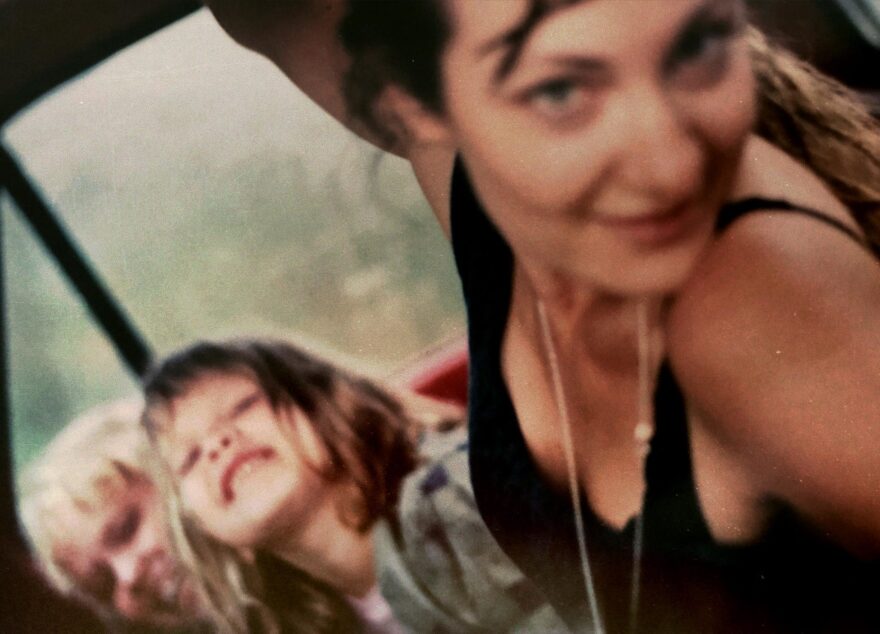When OxyContin was first marketed to doctors and the public in 1996, there were no warnings about its addictive properties. In fact it was initially presented as a solution and pain killers had yet to be associated with the words “drugs” or “drug abuse.”
Filmmaker Jamie Boyle’s own family had addiction creep into their lives when both her mother and sister became dependent on prescribed opioids. Filmed over 30 years, the camera is turned on their experience through her documentary Anonymous Sister. It shows the before, during and after addiction — and the ramifications it sends throughout families, communities and the country.
Boyle felt that most typical depictions of addiction are often missing the whole picture of the person who struggles with it. Anonymous Sister shines a new and intimate light on the issue, and gives everyone in her family a new perspective. Once she realized that she could offer this, Boyle says, making the film felt like an obligation — especially since her family lived to tell it.
"I wasn't necessarily really excited about, you know, showing my family story and my story to the world but it felt like the fact that we could offer this and we could offer 20 years of home videos before that time — it felt like a real value in terms of how we saw this disease and who we saw at the heart of it," she explains.
When Boyle's sister and mother were growing increasingly dependent on pain medication, the opioid epidemic was unknown and unnamed. Through looking back at the rise in prescription rates and the marketing of highly addictive pain killers, Boyle grew to realize the forces her family was up against.
"I felt in the moment like I was battling my parents at times, but what I've come to learn, and what I think is shown in the film, is I was really realizing I was battling an entire medical community and an entire way of thinking about these drugs," she says.
After revisiting these memories in the film, Boyle admits that making Anonymous Sister is a project she's not sure she'd take on again.
"It definitely bordered I think the healthy and the unhealthy, and I was interested in exploring that in the film, too. These ideas of vice versus virtue and why some things are seen as positive things to take on and other things can be so harmful, and where is that line?," she reflects.
Boyle edited the majority of the documentary in 2020 before COVID-19 vaccines were available. She recalls that it almost felt helpful to return to this mindset of being up against something larger than herself. However, her sister also started to pull away from the family during this time.
"In that way, I needed to be back in that mindset in order to do justice to it in the film. ... So that was really difficult to edit those scenes and not only remember how scared I was, but how much they’re still up against every day. So it definitely brought all of those things back to the surface,” says Boyle.
Although the pandemic is attributed to a steep rise in relapse and overdose rates, Boyle says thankfully both her mother and sister are still sober.
"I started worrying about them everyday in new ways, or in ways that I used to, with that same kind of strength and veracity," she adds. "It might be 10 years ago for me — it's every single day for them. It was a brand-new reminder of that."
The Boyle family's story is one of countless examples of how opioid addiction impacts people, and Boyle says she's connected with every single audience, who all have their own stories.
"It's been healing in every sense of the word because you just feel so isolated, especially when I brought in the present day reality, that was the hardest part for me to put in, because it's still happening. You know, every day I'm dealing with it and sad about it," says Boyle. "So to be able to talk to people about it in real time was like the greatest gift you could ask for."
You can watch Anonymous Sister virtually through the Milwaukee Film Festival through May 5.







